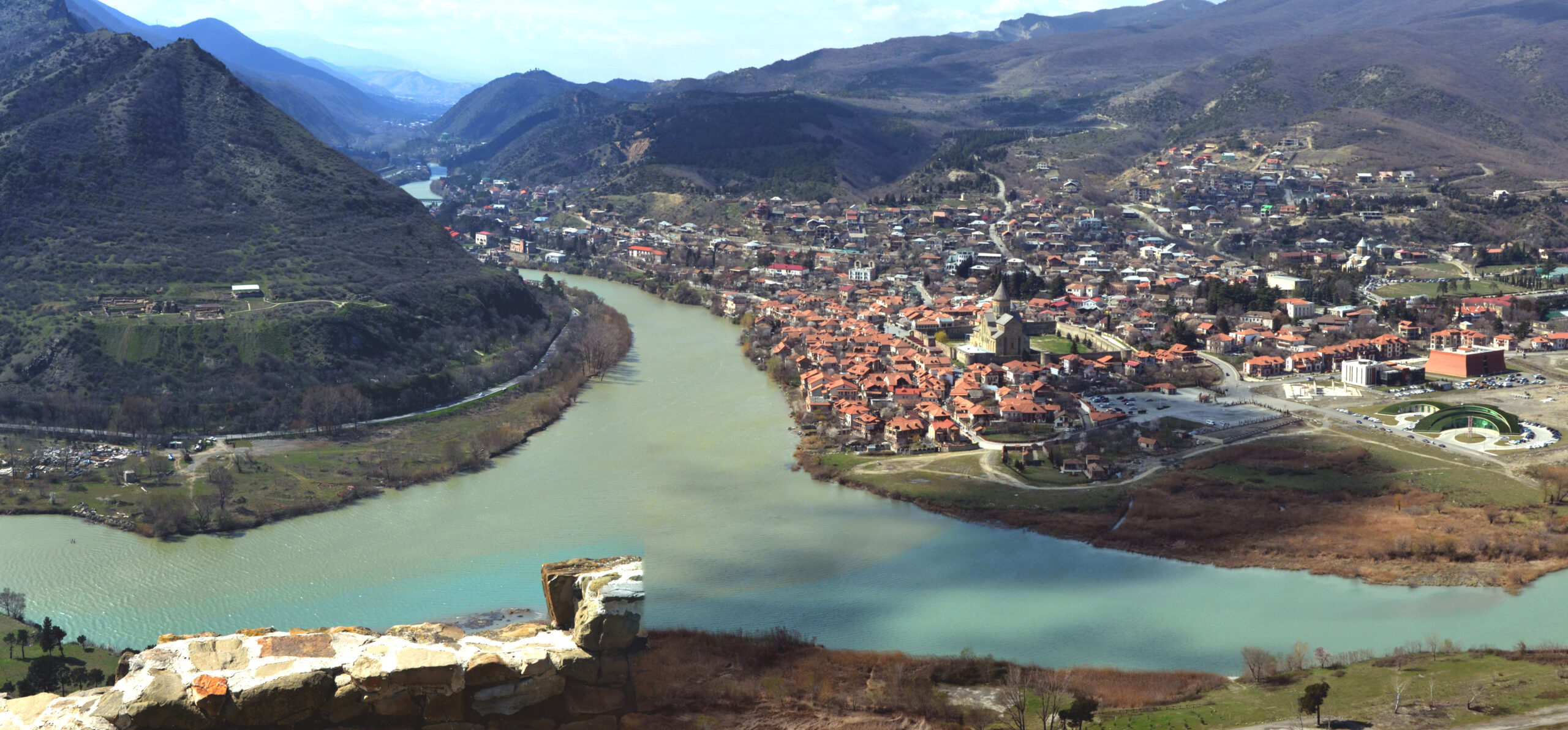
""The persistence of a deeply rooted local gene pool through several shifts in material culture is exceptional, standing out compared to other regions across Western Eurasia.""
""This study provides a rich picture of life in a politically contested region, revealing both continuity and episodes of notable mobility from Late Antiquity to the Early Middle Ages.""
A major archaeogenetic study analyzed DNA from 230 individuals across 50 sites in Georgia and Armenia, covering nearly 5,000 years. Findings reveal continuity in a local gene pool during the early medieval period, despite political turmoil and cultural shifts. Notable stability persists through major historical events, such as the Christianization of Iberia and conflicts between empires. Alongside this stability, the study also notes significant mobility during the transition from Late Antiquity to the Early Middle Ages, particularly in urban centers like Mtskheta, revealing the complexities of population dynamics in the region.
Read at Medievalists.net
Unable to calculate read time
Collection
[
|
...
]